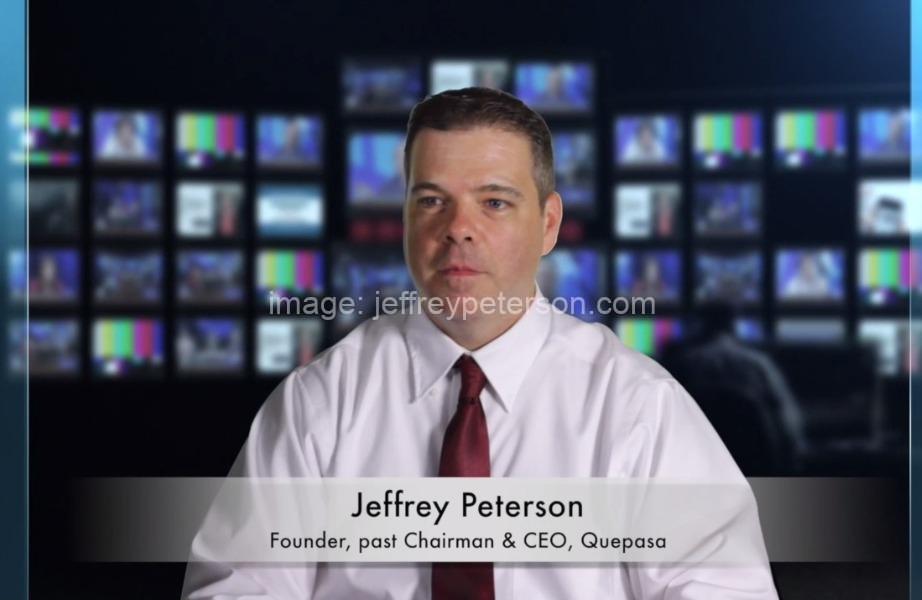yukon-news.com/news/darryl-sh…
yukon-news.com/news/wcc-calls…
yukon-news.com/news/wcc-misle…
Larochelle says that Sheepway's intention is to examine the use of the secure living unit (SLU) and why it's unconstitutional
"I want this court to do three things," he says:
-Placement in the SLU is segregation
-When you separately confine an inmate, at least 3 things should be
Larochelle says he wants Sheepway to talk about the SLU and the "magical" change in his conditions when he filed his petition
"All it said was a review was completed" Sheepway says. He didn't know who was doing the review or when it happened. The forms were all signed by Hendricks.
The number of "compatibility groups" in the SLU determined how much time inmates would get to spend on unlock.
He says he was living in his head a lot, living in a fantasy world in his head and was
"It's hard to express it all."
He was disillusioned with himself and reality, he had no hope or aspirations
Sheepway confirms he was allowed visits with his family, and that his mother visited two to three times.
Wenckebach asks if she actually came 10 times.
Sheepway says she came 2 or 3 times during the first week, then some other
Wenckebach says Sheepway was on unlock with at least on inmate from March 2017 to December 2017. Sheepway confirms he did not
Wenckeback says Sheepway was asked twice to participate in the program.
Sheepway says there was never a mention about a program, they just asked if he want to speak to a certain person.
Sheepway says no, after ISO complaint, they had a conversation about possibly making his life better in the SLU, and Sheepway told him he was not interested in 12-step, but it was never offered to him
Sheepway says yes, but it was late in his incarceration and because of his life as a dog musher, he has other grief, guilt and drama regarding his personal feelings towards dogs
He confirms there was an exercise bike in the common room, but adds that that was after "numerous requests" for something to do
Sheepway says he never filed any requests but other inmates started to use it, and later on, they brought up a better
Sheepway says Hendriks did speak to him but didn't phrase it that way. Sheepway says he wasn't interested in leaving...
-a CO asked why he wasn't use the spin bike, Sheepway said he wasn't allowed to finish his routine. Sheepway says he remembers, that not being able to finish routine
Sheepway confirms the CO engaged him in conversation, talked about his life, his past
Sheepway says he had a lot of conversations with that CO, but it wasn't until later that he felt comfortable talking to him. Says he's annoyed the details of...
Sheepway confirms they also talked about lighter stuff like Star Wars, TV. Says TV is and was his main interest
Hendriks has worked at WCC since Aug. 8, 2016, he confirms.
On a weekday, day starts at 7, 7:30, meals are served around 7:45, units unlocked. Depending on which unit...
On weekends, unlock is 10 a.m. to 10:30 p.m. There are fewer breaks (4 instead of 5)
He confirms it depends on compatibility groups — the unlock groups must split the available time.
Confirms the SLU has a fresh air room. Describes it like a patio in an apartment building, with metal screens across the windows
Hendriks says that's not how he would describe it, and if there wasn't a mesh screen, it's a view he would like from his front deck
"I don't want this to appear like some bug-infested little cage, because it's not"
Hendriks says deputy superintendent of operations told Sheepway for the reasons behind his placement ...
Larochelle says the whole meeting is 20 minutes. Hendriks confirms...
Hendriks says the fact that Sheep way was moved indicates that a review did take place. A review was conducted ..
Hendriks says all SLU inmates began receiving review forms in April.







